Outer Space & Universe
Outer Space & Universe
Space, also known as outer space, is the near-vacuum between celestial bodies. It is where everything (all of the planets, stars, galaxies and other objects) is found.
On Earth, space begins at the Kármán line (100 km above sea level). This is where Earth's atmosphere is said to stop and outer space begins. This is not a firm boundary but is a convention used by scientists and diplomats.
Items in space are free to move back and forth; up and down; and left and right. These three dimensions are what make 3D space. Items also move forward through time, which is sometimes called the fourth dimension.
The majority of space contains very little matter and so most of it is a vacuum. Scientists do not know how big space is but we do know that space is extremely big, and is always expanding.
According to the big bang theory, all matter and energy in the Universe was compressed into a very small space. Then it exploded and started expanding. Space is still growing in size today; this means the distance from one galaxy to distant galaxies is getting longer.
Gravity is the force that keeps the Moon in orbit around the Earth and the planets in orbit around the Sun. Gravity can stretch and bend space similar to how a heavy ball placed on a stretched sheet of rubber will cause the rubber to stretch. The scientist who discovered that space can bend is named Albert Einstein. How gravity bends space is part of his theory of general relativity.
Astronauts, Cosmonauts, Taikonauts and Spationauts
An astronaut is any person who is trained by NASA to travel and perform tasks in space. Although the space traveler may not necessarily be a United States citizen, each astronaut does go through a rigorous training regiment by the National Aeronautics and Space Administration. Other space travelers go by other names then astronaut depending on their country of origin.
In the United States, astronaut is derived from the Greek words ástron (star) and nautis (sailor). While, in Russia, a space traveler goes by the name космонавт (English: cosmonaut), which is derived from the Greek words kosmos (universe) and nautis (sailor). Westerners call a space traveler from China a taikonaut, based on the 1998 writings of Chiew Lee Yik and Chen Lan where the term tàikōng (great emptiness), Chinese for “space”. In China, the term yuháng yuán (universe navigator) is used for space traveler.
Only the United States of America (United States), Russia (earlier, the Union of Soviet Socialist Republics), and the People’s Republic of China (China) have sent manned spacecraft into space. Other countries have assisted these countries by sending their own space travelers on space missions. For instance, a French space traveler is called a spationaut (from the French word spationaute), which is derived from the Latin spatium (space) and Greek nautis (sailor). (plural in Greek nautes = sailors)
-
02:14
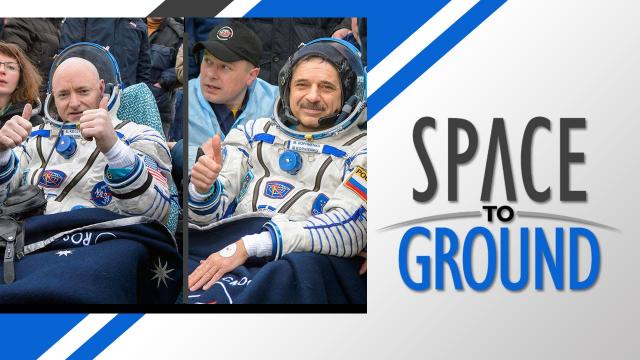
Space to Ground: Historic Homecoming: 03/04/2016
Added 458 Views / 0 LikesSpace to Ground: Historic Homecoming: 03/04/2016
-
05:51
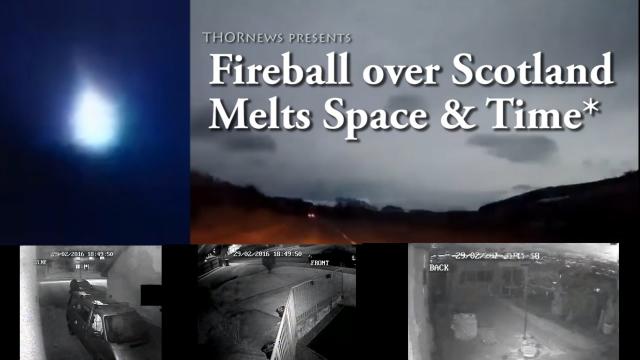
WTF?! Fireball over Scotland MELTS Space & Time*? or is it Alien Tech or other?
Added 501 Views / 0 LikesWTF?! Fireball over Scotland MELTS Space & Time*? or is it Alien Tech or other?
-
07:03
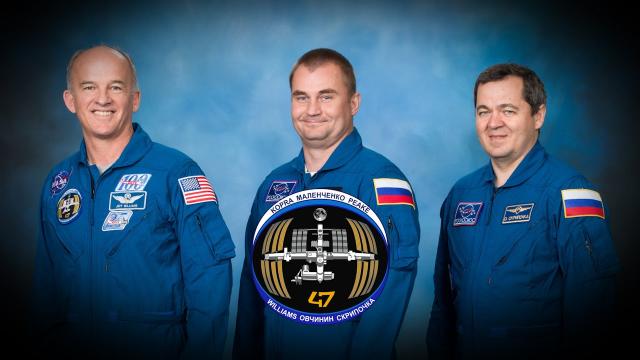
Expedition 47 Crew Departs For Kazakh Launch Site
Added 428 Views / 0 LikesExpedition 47 Crew Departs For Kazakh Launch Site
-
04:04
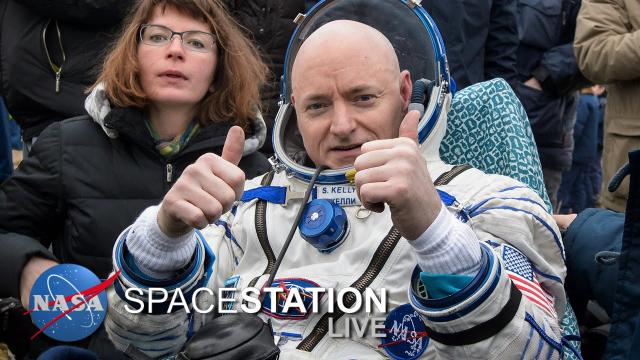
Space Station Live: Balancing a Year in Space
Added 696 Views / 0 LikesSpace Station Live: Balancing a Year in Space
-
07:57
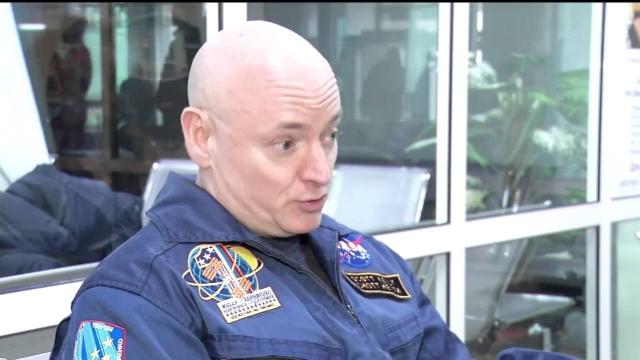
Scott Kelly Has 'Mixed Emotions' About Being Back On Earth | Video
Added 664 Views / 0 LikesScott Kelly Has 'Mixed Emotions' About Being Back On Earth | Video
-
01:41
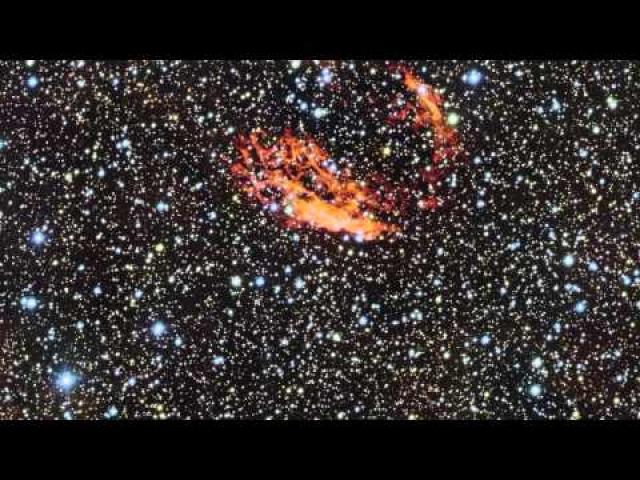
Titanic, Short-Lived Stars Make Skies Glow Red | Video
Added 776 Views / 0 LikesTitanic, Short-Lived Stars Make Skies Glow Red | Video
-
07:57
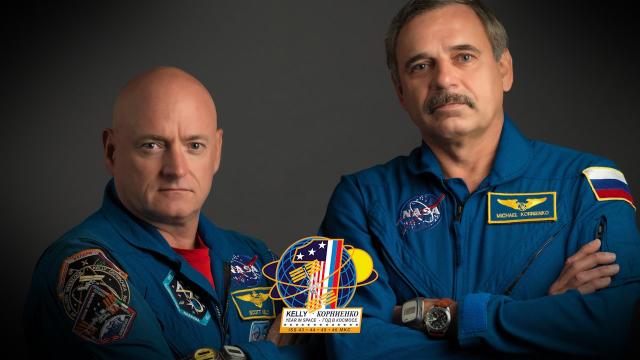
Expedition 46 Crew Receives a Warm Welcome in Kazakhstan
Added 680 Views / 0 LikesExpedition 46 Crew Receives a Warm Welcome in Kazakhstan
-
00:16
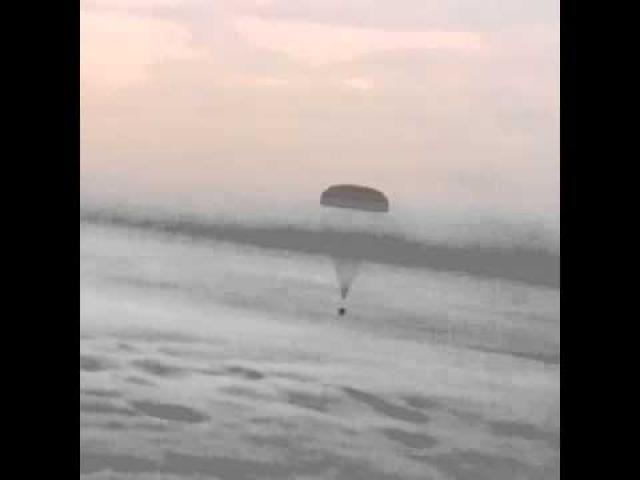
The Year In Space Crew Returns Home
Added 767 Views / 0 LikesThe Year In Space Crew Returns Home
-
04:32
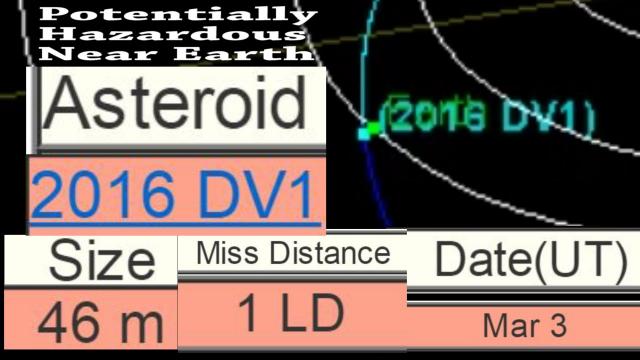
Potentially Hazardous Near Earth Asteroid 2016 DV1 to pass Earth 1 LD on March 3rd
Added 886 Views / 0 LikesPotentially Hazardous Near Earth Asteroid 2016 DV1 to pass Earth 1 LD on March 3rd
-
04:39
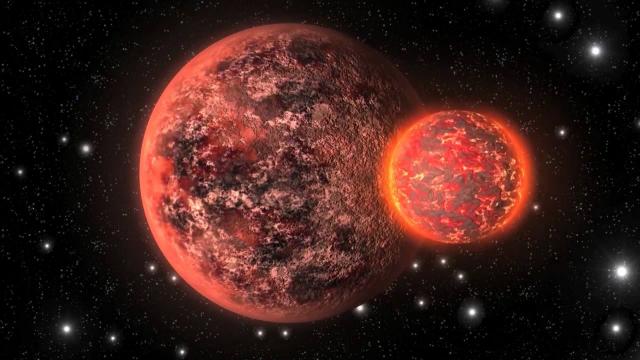
Astronomy Awakens. - A flood of Celestial News.
Added 607 Views / 0 LikesAstronomy Awakens. - A flood of Celestial News.
-
03:29
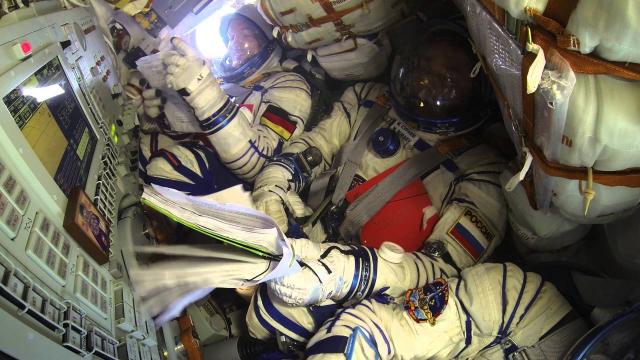
Bean Bag Session: Landing in Kazakhstan
Added 438 Views / 0 LikesBean Bag Session: Landing in Kazakhstan
-
00:49
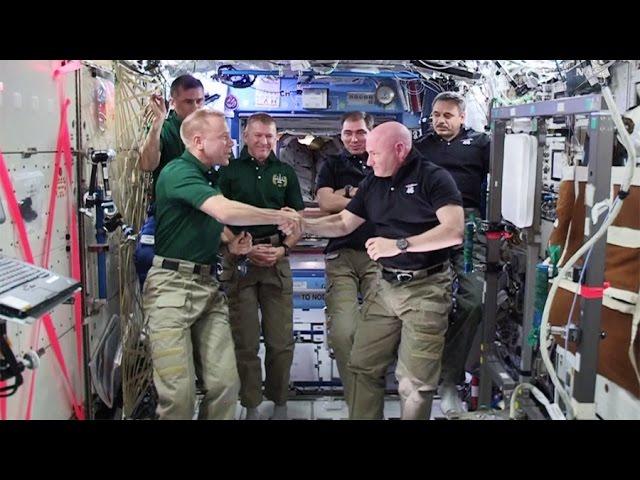
Scott Kelly Hands Over Station Command to Tim Kopra
Added 686 Views / 0 LikesScott Kelly Hands Over Station Command to Tim Kopra
-
03:23
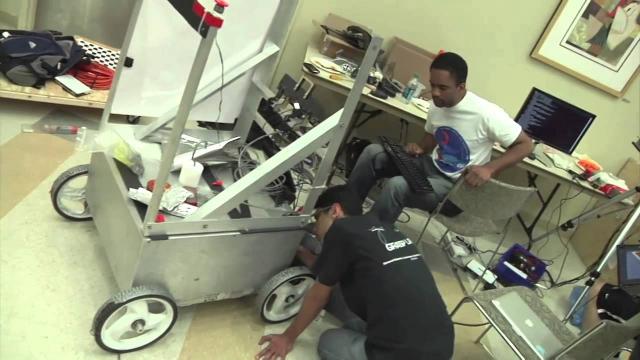
NASA 360 Presents - After the Challenge
Added 842 Views / 0 LikesNASA 360 Presents - After the Challenge
-
02:31
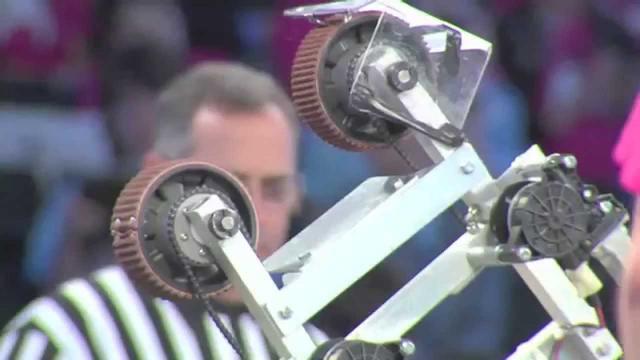
NASA 360 Presents - First Robotics
Added 791 Views / 0 LikesNASA 360 Presents - First Robotics
-
24:31
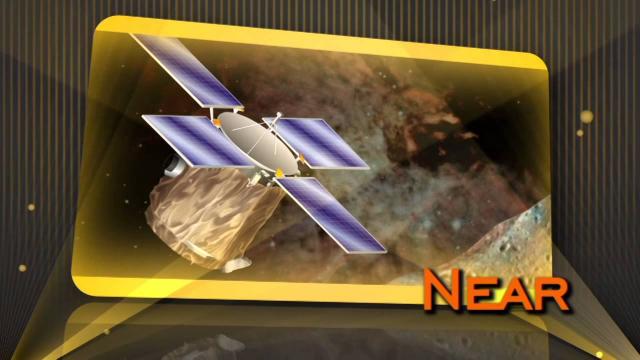
NASA 360 - Stories of the Solar System (full episode)
Added 654 Views / 0 LikesNASA 360 - Stories of the Solar System (full episode)
-
01:13
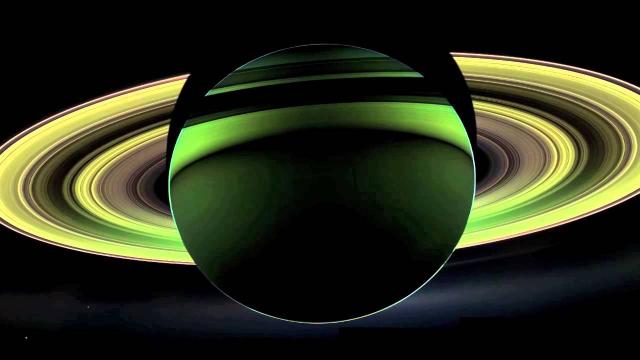
NASA 360 Presents - Imagine the Possibilities
Added 1,023 Views / 0 LikesNASA 360 Presents - Imagine the Possibilities
-
04:35
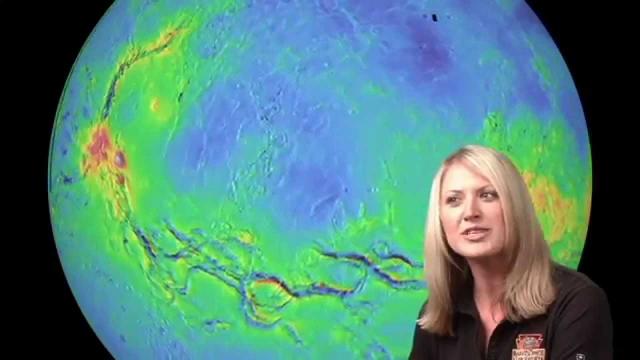
NASA 360 Presents - I ♥ the Solar System - Venus
Added 624 Views / 0 LikesNASA 360 Presents - I ♥ the Solar System - Venus
-
03:42
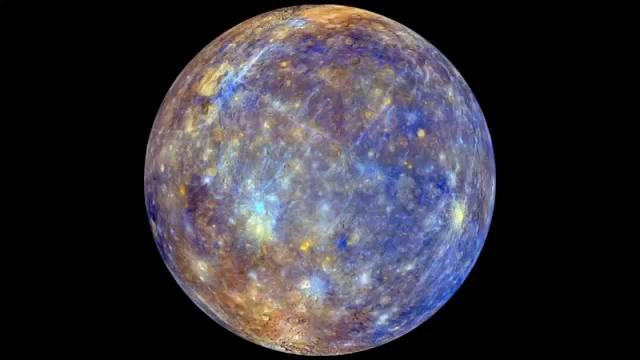
NASA 360 Presents - I ♥ the Solar System - Mercury
Added 780 Views / 0 LikesNASA 360 Presents - I ♥ the Solar System - Mercury
-
05:20
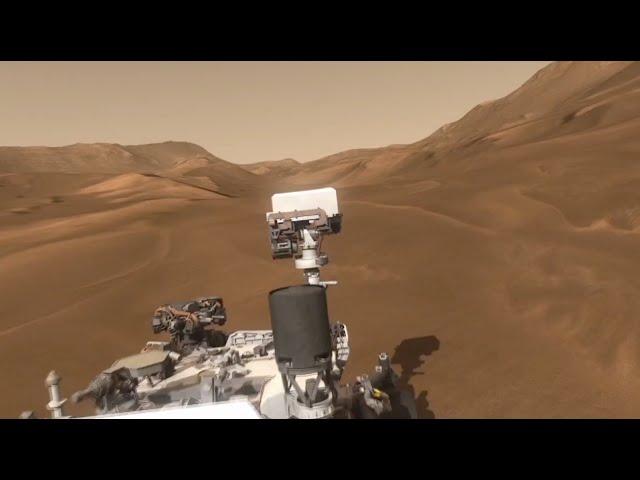
NASA 360 Presents - I ♥ the Solar System - Mars
Added 782 Views / 0 LikesNASA 360 Presents - I ♥ the Solar System - Mars
-
04:11
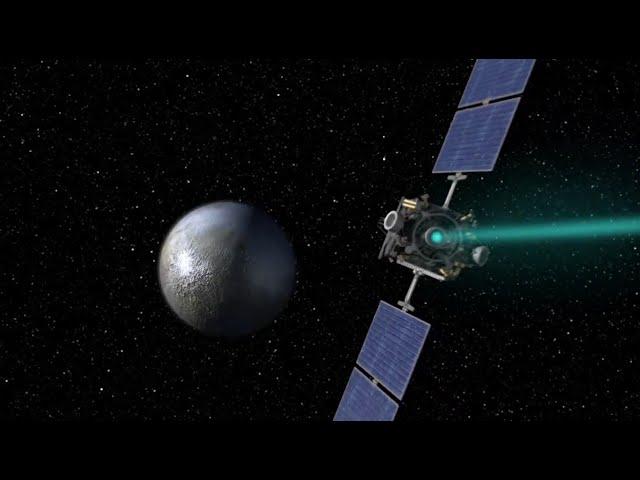
NASA 360 Presents - I ♥ the Solar System - Comets & Asteroids
Added 823 Views / 0 LikesNASA 360 Presents - I ♥ the Solar System - Comets & Asteroids
